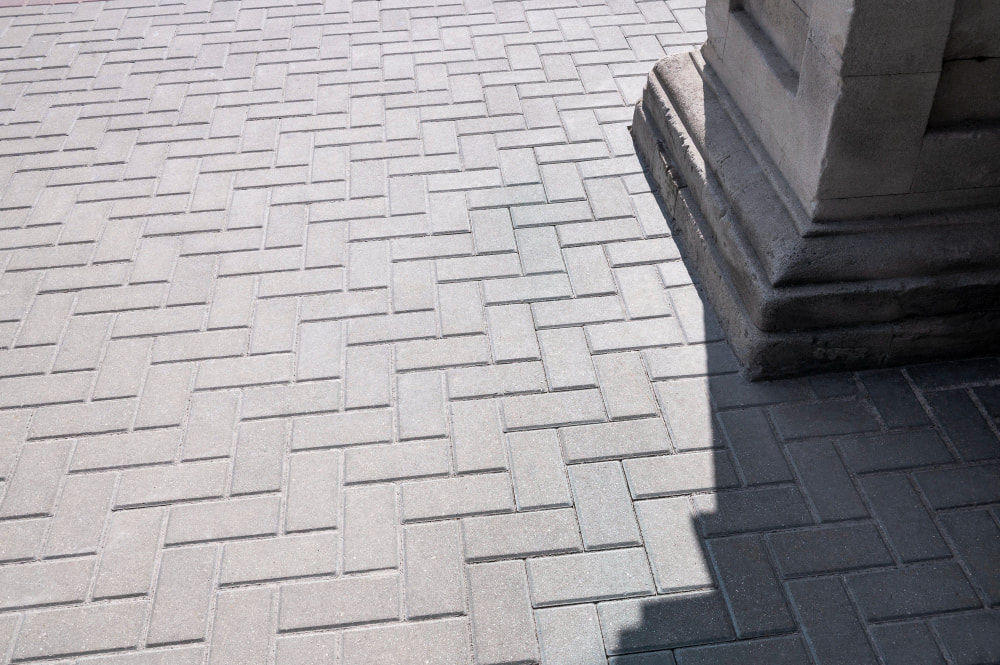
If you're planning an outdoor renovation or looking to upgrade your driveway, patio, or walkway, you’ve likely come across the term concrete pavers. These versatile, durable, and aesthetically pleasing materials have become a popular choice among homeowners and businesses alike—and for good reason. In this post, we'll explore everything you need to know about concrete pavers, from their benefits and types to installation tips and maintenance.
What Are Concrete Pavers?
Concrete pavers, also known as paving stones, are individual units made from concrete that are used to create solid, interlocking surfaces. Unlike poured concrete, which is installed in one continuous slab, pavers are installed piece by piece over a prepared base. This method not only allows for design flexibility but also provides superior strength and durability.
Available in a wide variety of shapes, sizes, colors, and textures, concrete pavers can mimic the look of natural stone, brick, or even tile, offering endless options to suit your personal taste and style.
Why Choose Concrete Pavers?
There are plenty of reasons why concrete pavers are a top choice for outdoor hardscaping projects. Here are just a few:
1. Durability
Concrete pavers are incredibly strong and can withstand heavy loads, harsh weather conditions, and daily wear and tear. They’re ideal for high-traffic areas like driveways and walkways.
2. Design Flexibility
From traditional cobblestone looks to modern geometric patterns, concrete pavers give you full creative freedom. Whether you prefer earthy tones or bold colors, there's a paver design to complement your home's architecture.
3. Easy Repairs
If a paver becomes damaged or stained, you can simply remove and replace that single unit—no need to tear up an entire slab. This ease of repair makes maintenance cost-effective and stress-free.
4. Slip Resistance
Concrete pavers offer better traction compared to smooth poured concrete, making them a safer option around pool areas, walkways, and other frequently wet surfaces.
5. Weather Resistance
Thanks to their interlocking design, pavers can flex with the earth’s movements. This makes them less prone to cracking during freeze-thaw cycles, especially in regions with fluctuating climates.
Common Uses for Concrete Pavers
One of the biggest advantages of concrete pavers is their versatility. Here are some popular applications:
How Are Concrete Pavers Installed?
While professional installation is always recommended for best results, here’s a general overview of the concrete paver installation process:
Caring for Your Concrete Pavers
To keep your pavers looking great for years to come, follow these simple maintenance tips:
Concrete Pavers vs. Other Options
You might be wondering how concrete pavers compare to other popular materials like poured concrete, asphalt, or natural stone. Here’s a quick comparison:
As you can see, concrete pavers strike a perfect balance between affordability, aesthetics, and performance.
Final Thoughts
Concrete pavers are a smart investment for anyone looking to enhance their outdoor spaces. Whether you're dreaming of a charming cobblestone driveway, a sleek modern patio, or a rustic garden path, concrete pavers deliver the beauty and strength you need.
At Kensington Concrete and Pavers Contractors, we specialize in designing and installing custom paver solutions that blend style, function, and long-lasting value. Ready to start your next project? Reach out to our team today and let’s build something beautiful together!

































